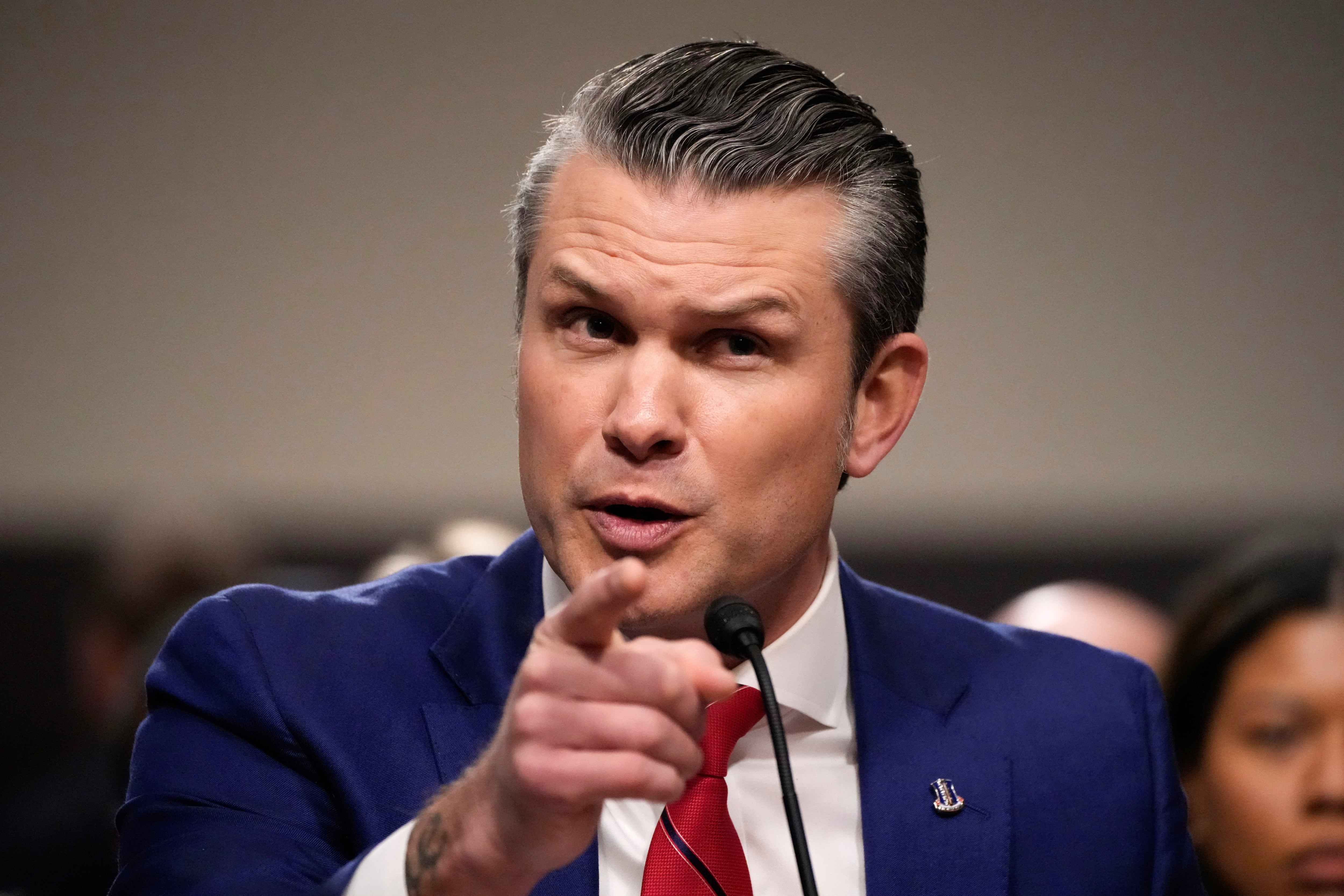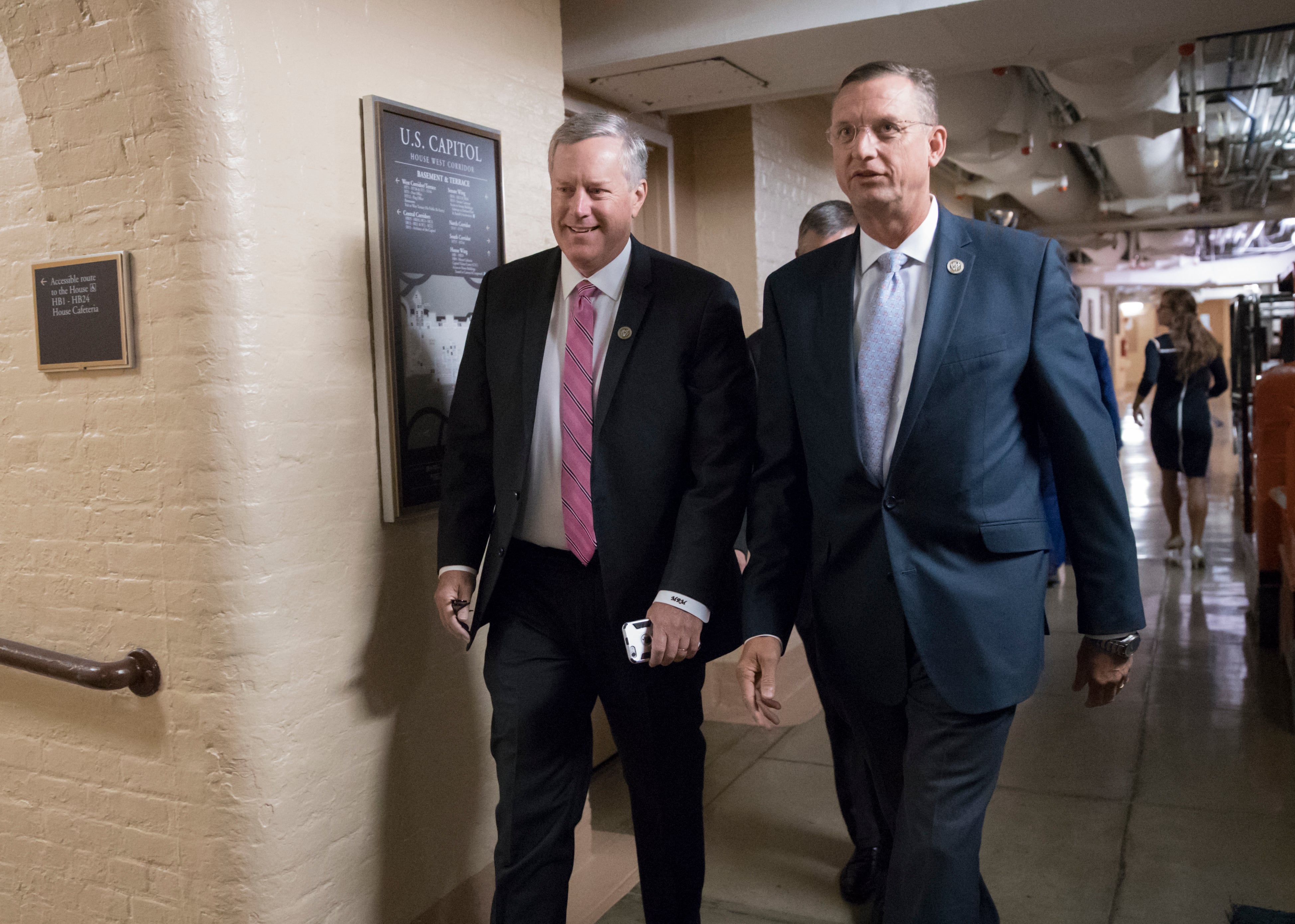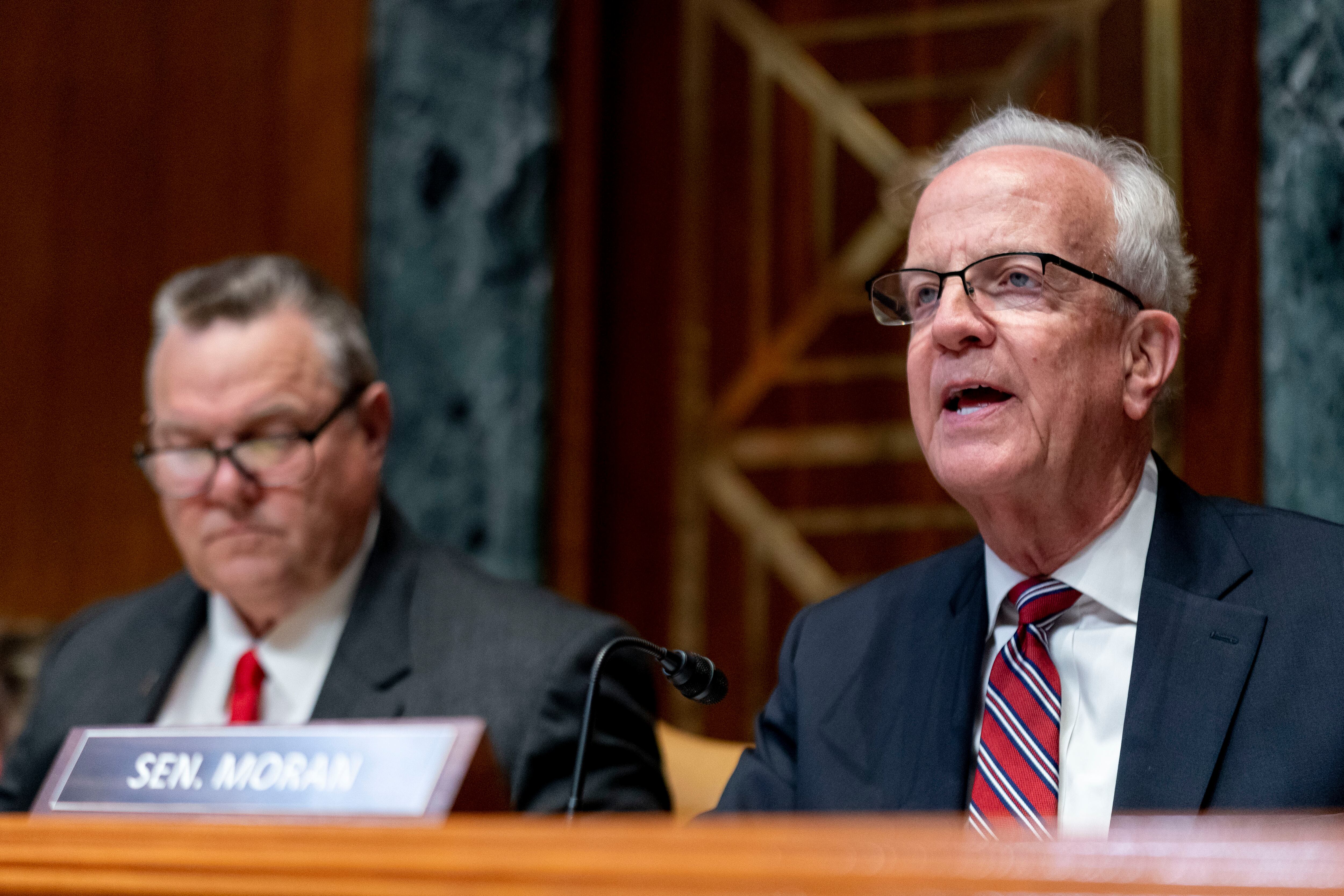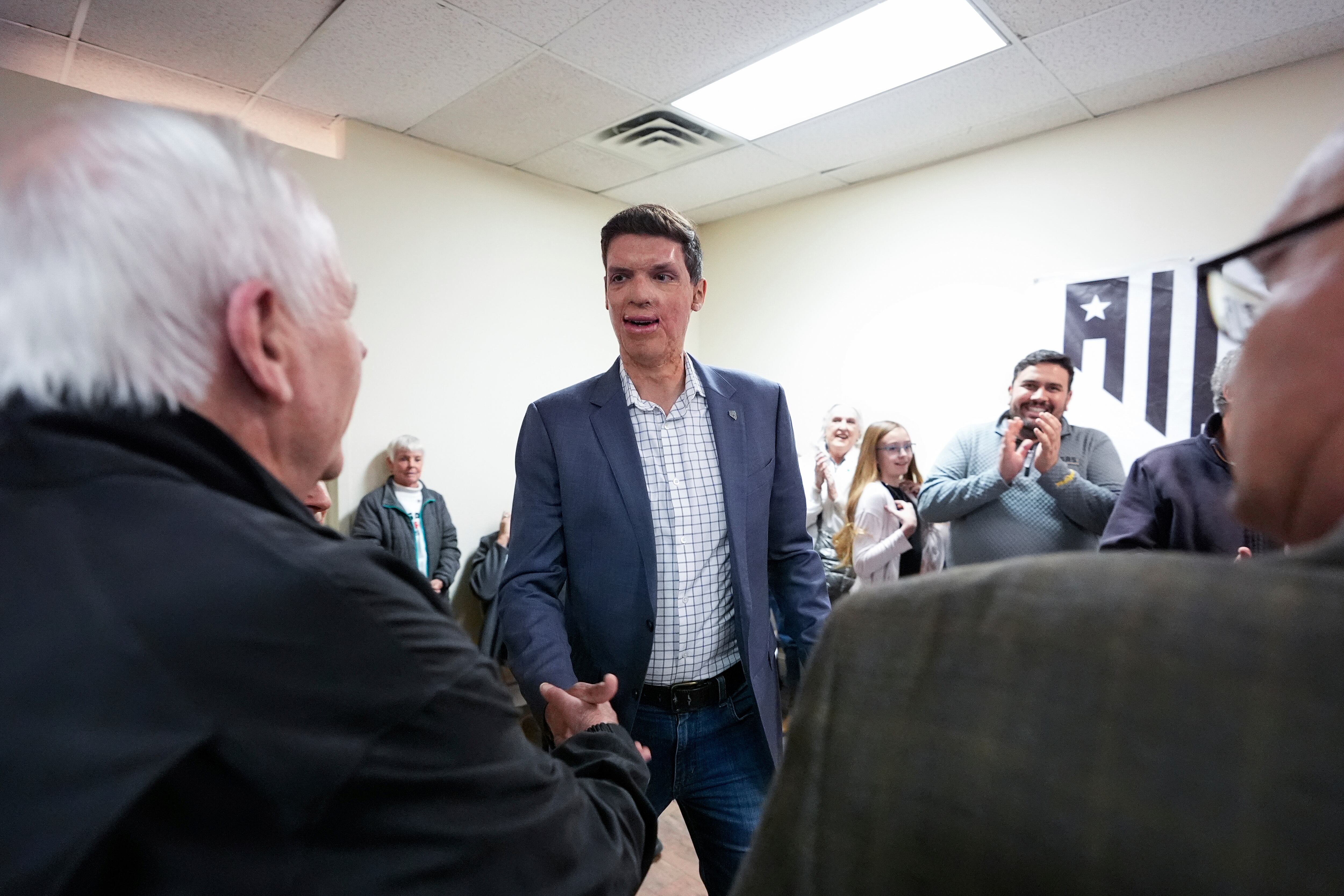Leaders from the House Armed Services and Foreign Affairs committees are worried about the Trump administration dismantling relationships with key Asian allies, amid reports that the U.S. is pressuring South Korea to pay nearly five times as much in host-nation support to keep approximately 28,000 U.S. troops there.
The substantial increase is concerning to House Armed Services Committee Chairman Adam Smith, D-Wash., and House Foreign Affairs Committee Chairman Elliot Engel, D-N.Y., who wrote a letter to Secretary of State Mike Pompeo and Secretary of Defense Mark Esper pressing for information about the situation.
“At a time when the United States, South Korea and Japan should be working jointly to counter regional security threats ranging from increased North Korean provocations to growing Chinese assertiveness across the region, U.S. demands for a massive increase in South Korean annual contributions serves as a needless wedge between us and our allies,” the lawmakers wrote in the letter, which was sent Nov. 22 and released to the media Tuesday.
South Korea has already stepped up its financial contributions to offset stationing costs of keeping U.S. troops there, and now pays nearly $1 billion in host-nation support. That number, which was agreed to in February 2019 as part of a one-year Special Measures Agreement, is $70 million more than South Korea paid the previous year.
Furthermore, South Korea has historically shelled out a pretty penny for major U.S. projects in South Korea.
Take Camp Humphreys, the largest U.S. base overseas that’s been built up over the last decade and cost almost $10.8 billion. According to former Commander of United States Force Korea Army Gen. Vincent Brooks, South Korea footed the bill for roughly 90 percent of the project.
But multiple media reports from November indicate that the Trump administration is pushing for South Korea to contribute a total of $4.7 billion in host-nation support in 2020, and is also eyeing to push Japan to shell out more in host-nation support as well.
In their letter, the lawmakers noted that keeping U.S. troops on the Korean Peninsula is “not solely about protecting South Korea.”
“In fact, the primary purpose of our forward presence is to enhance U.S. national security,” they wrote.
While Smith and Engel said they are on board with fair burden-sharing agreements, they stressed that future host-nation support negotiations should not advance in a way that could dismantle alliance relationships or continued presence in the region.
As a result, they requested Pompeo and Esper respond to a series of questions within two weeks, including the total annual cost of maintaining U.S. forces on the Korean Peninsula by taking into account expenses stemming from exercises and training, operation and sustainment, among other things.
Smith and Engel also asked what is the basis for requesting such a steep increase in host-nation support, and how U.S. operations and readiness in the Korean Peninsula will be impacted in the event an agreement isn’t reached before the Dec. 31 deadline for a 2020 host-nation support agreement.
Historically, host-nation support agreements have lasted five years. But last year’s negotiations led to a one-year agreement, meaning the U.S. and South Korea must hash out a deal annually.
Retired Army Col. David Maxwell, who has several decades of military service in Asia, previously told Military Times that he doubts a resolution will be passed by Dec. 31 and cautioned about the “ongoing problems” if these agreements continue as annual deals.
Failure to secure an agreement by January will mean that military personnel will be forced to take up logistical and administrative essential services in order to keep United States Forces Korea operational without host-nation support, he said.
“We are headed for a train wreck,” Maxwell said in November.
Trump has routinely signaled he would demand more financial contributions from allies, and tweeted in August that South Korea is a “very wealthy nation that now feels and obligation to contribute to the military defense provided by the United States of America.”
Esper echoed similar sentiments in November when he visited Seoul as he stressed increased “burden-sharing” with South Korea. Ultimately, discussions between the U.S. and South Korea were dismantled in November due to the disagreement over South Korea’s financial contributions.
Trump previously said in February 2019 that South Korea was costing the U.S. $5 billion annually, but the Trump administration and South Korea have been tight-lipped on the specific amount the U.S. was seeking in host-nation support.
However, South Korean negotiator Jeong Eun-bo told reporters in November after the negotiations unraveled there was a large disparity between the proposals.
“It is true that there is a substantial difference between the U.S. side’s overall proposal and the principles we pursue,” Jeong said, according to Reuters. “The talks could not proceed as planned as the U.S. side left first.”





